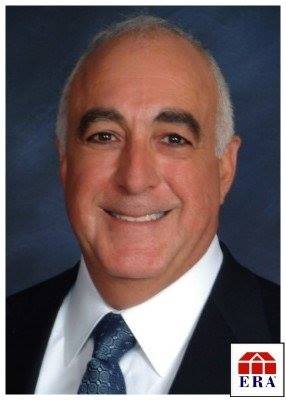Email: [email protected]

The bird's nest fern gets its name from its growth pattern. The long fronds emerge from a central rosette resembling a nest. In the wild, their fronds can reach up to five feet long, but remain at a more manageable size when grown as houseplants. They are considered one of the easiest ferns to care for and are popular for being non-toxic to humans and animals. If you're interested in a pet-safe fern for your home, here are some basic care tips to know:
Bird's nest ferns grow on the trunks of trees in the wild, and enjoy the same type of lighting conditions indoors. Place your bird's nest fern somewhere with dappled light or medium amounts of shade, taking care to avoid any spots where they could get dried out by direct rays of sun. Bird's nest ferns do well in East or North-facing windows and bathrooms as long as there is some natural light.
Water your bird's nest fern when the top inch of soil is dry to the touch. The goal is to keep most of the soil moist without letting the roots stay wet. It's important to water this plant carefully, as well. Water directly into the soil at the base of the plant rather than over the top. Doing so prevents water from accumulating in the "nest" at the center of the plant and encouraging mold growth.
Bird's nest ferns thrive in warm environments. The ideal temperature range for a bird's nest fern is between 60 and 80 degrees Fahrenheit. While it can survive as low as 50 degrees, much lower temperatures will cause the leaves to brown and wither. Avoid dramatic temperature fluctuations and protect your fern from any heat or air conditioning vents.
Ferns love humidity, and the bird's nest fern is no exception. Moist environments like bathrooms and kitchens work well for bird's nest ferns, but anywhere in the home will be sufficient with the addition of a humidifier. Regular misting with a spray bottle, pebble trays and terrariums are other ways to keep your fern happy and humid.

Dating back to the 1970s when his father put him in charge of the family real estate business, Jeffrey Germagian has built a longstanding portfolio of real estate transactions and developments. Along the way, he has grown the family’s original company, then known as Baystate Realty, to the elite status it represents today as ERA Key Realty Services.
Although we’ve expanded our real estate offerings and our branding has evolved to represent all of the real estate services that we provide, ERA Key Realty, The Baystate Group still holds true to the honest business practices and principles that Jeffrey’s father set out with decades ago.
Jeffrey manages the Baystate Group which specializes in traditional home resales, land development, and 55 communities.
He lives in Hopedale, MA, and serves the local towns in the area including most suburbs of Boston as well as southwest of Boston. He is a Certified Residential Specialist and is fully licensed as a real estate agent to practice throughout the entire state of Massachusetts.